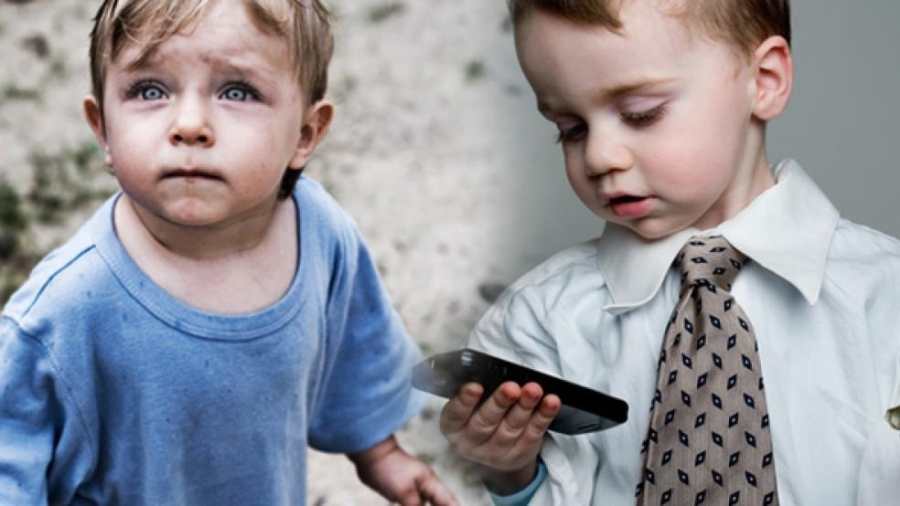High expectations of parents destroy the “self” of children
Psychologically, depression is the result of self-attack. Giving up oneself is the beginning of depression.

In the documentary “How do we fight depression”, Chung Hoa – a high school student born into a wealthy family, his parents have high expectations for his only daughter. Especially his mother, she hopes her child will excel in every way and be accepted into world-renowned schools like Harvard and Stanford.
To monitor her daughter, no matter how well she does on the exams, her mother will always appear dissatisfied and only say, “You could do better.” This endless expectation makes Chung Hoa suffocate. She feels like a donkey with a carrot hanging in front of her, always running in circles but never reaching the finish line. One day, the girl cried to her father: “I don’t want to live anymore. Everything is too painful for me now.”
Why do high expectations of parents destroy the self-esteem of their children?
From a psychological perspective, if you want your child to be mentally healthy, you must meet their psychological needs. The words, expressions, and actions of parents that show respect and appreciation will make the child feel “loved” and thus have a sense of self-worth.
But in reality, the constant demands of parents on their children are mostly a disguised form of denial: “You haven’t done well enough” and “You should try harder.” If a child tries their best but still cannot satisfy their parents, they will develop insecurity, their true emotions will have no place to express, and eventually be suppressed and hurt.

In addition to the phrase “you could do better,” there is another high expectation called “you are better than your parents.” Because the parents did not achieve their dreams, the child has to bear that dream on their behalf. The child is like a puppet on a string, living under arrangement, can behave well and understand things, but without their own “self.”
Psychologist Wu Zhihong once said: “A child has been pushed away by the voices of the outside world from a young age. They cannot be themselves, so they can only give up themselves in desperation.”
In reality, parents overlook emotions and set expectations beyond the child’s abilities will only bring high levels of stress to the child. In order to satisfy their parents, even with limited abilities, the children will choose to sacrifice their needs, eventually losing themselves in the long-term inner struggle and falling into a state of depression.
10 Unexpected Negative Effects of Social Media
Are you aware of the potential negative effects of excessive reliance on social networks such as Facebook, Twitter, and Tumblr? In this article, we’ll explore the 10 most dangerous side-effects of overindulging in social media and discover how to protect ourselves from becoming victims of these risks.



































